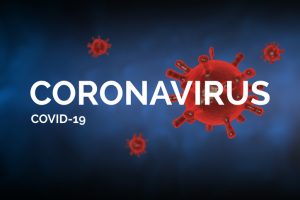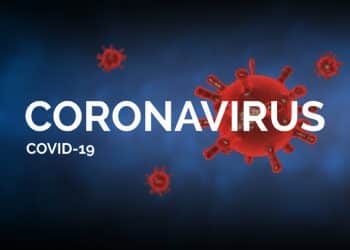 As COVID-19 sweeps across the globe, the people most impacted by the virus are those who have compromised lungs. People with asthma or COPD, people who smoke or vape, people with lung cancer or lung disease, and people who are prone to pneumonia or have other breathing disorders may be inordinately impacted by this virus. Social distancing can protect those who are at risk, if you contracted and recovered from the virus, more monitoring may be necessary.
As COVID-19 sweeps across the globe, the people most impacted by the virus are those who have compromised lungs. People with asthma or COPD, people who smoke or vape, people with lung cancer or lung disease, and people who are prone to pneumonia or have other breathing disorders may be inordinately impacted by this virus. Social distancing can protect those who are at risk, if you contracted and recovered from the virus, more monitoring may be necessary.
What We Know
For some people, recovering from COVID-19 is not the end of the ordeal. About a quarter of those who recover will suffer from diminished lung capacity. For how long, no one is completely sure, but in one study conducted in Hong Kong, lung capacity in about one-fourth of recovered patients was diminished by 20-30%. While it is suspected that the virus can cause organ damage, it’s likely that, with therapy, lung capacity can be regained.
How to Know If Your Lung Capacity Is Reduced
The symptoms of reduced lung capacity include feeling tightness in the chest and shortness of breath. You may feel as if you are unable to draw in a full breath or cough if you attempt to fill your lungs. You may have more difficulty when exercising or feel like you cannot catch your breath. You may also experience unexplained fatigue. Anxiety and depression are also common.
How to Improve Lung Capacity
There are a number of steps you can take to improve your lung capacity. Highest on the list is exercise. Swimming, walking, or other aerobic activity, when performed regularly, can measurably improve lung capacity. Breathing exercises can also help strengthen your lung capacity. Other ways to improve lung capacity include making sure your home is free of pollutants, through the use of filtration systems and/or house plants, by maintaining a healthy weight, and by ensuring your diet provides you with enough Vitamin D.
There are many things that can contribute to difficulty breathing and it’s critical that you seek an evaluation from an experienced pulmonologist and breathing specialist to get to the bottom of your particular symptoms. Whether your shortness of breath just came on suddenly or it has been an ongoing problem, contact our office to schedule an appointment with Dr. Bowen as soon as possible. We can provide effective and long-term shortness of breath treatment.

